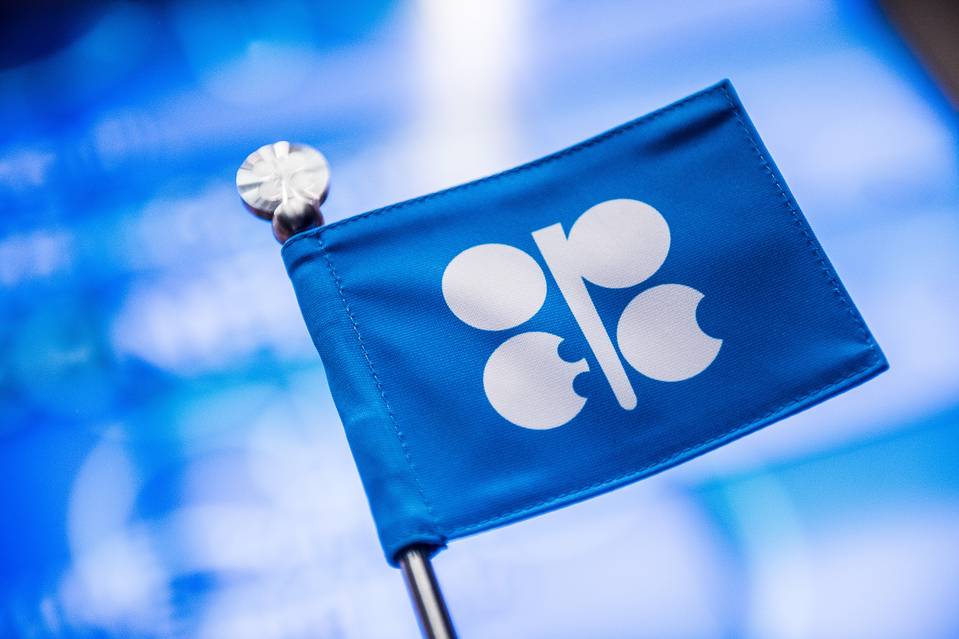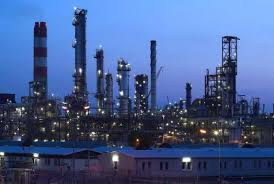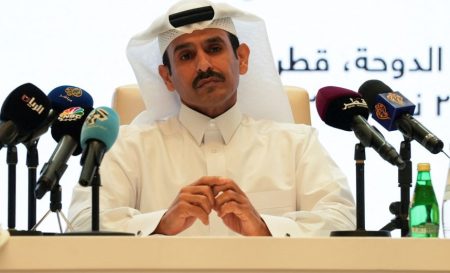
OpeOluwani Akintayo
Lagos — The Organization of Petroleum Exporting Countries, OPEC and its non-OPEC partners on Tuesday agreed to increase output by 400,000 barrels a day from February.
The body agreed to stick to its planned increase in oil production from February as energy investors weigh the potential impact of soaring omicron COVID-19 cases.
The new agreement will see a release of supply cuts of roughly 10 million barrels per day.
The production cut was put in place in April 2020 to help the energy market after the coronavirus pandemic curb demand for crude.
As a result of the increment, Nigeria being part of the Organization got its quota increased from 1.5 million barrels allowed last year, to 1.701 million barrels per day.
The country, according to data from OPEC, has managed to pump just over 1.2 million per day in the last few months due to technical issues.
The country stands to rake in more revenue if able to meet its new quota of 1.7mb/d.
However, if the country’s technical issues persist, and production remains on 1.2, the country would lose about 500,000 barrels per day next month, which would amount to about 15.5 million barrels for the month.
The NNPC had shut down some oil wells in 2020 as a result of the OPEC cuts and had faced technical issues restarting them.
Aside that, host communities’ challenges, vandalism, force majeure on major assets as well as technical issues leading to shutdowns are some of the stumbling blocks bedeviling the industry.
However, the major culprit remains Nigeria’s ageing upstream infrastructure, following years of under-investment in expanding and modernizing the assets.
Oil price which had hovered around $70 for some months, however, price hit $80b/d following the new agreement on Tuesday.
Brent crude, Nigeria’s benchmark was up at $80.48 a barrel, highest since November, OPEC’s basket of thirteenth crude stood at $78b/d, while the United States West Texas Intermediate (WTI) crude rose by $1.48, or 2 per cent, to $77.56.
“(We) reconfirm the production adjustment plan and the monthly production adjustment mechanism approved at the 19th OPEC and non-OPEC ministerial meeting and the decision to adjust upward the monthly overall production by 0.4 mb/d for the month of February 2022,” OPEC announced.
After the announcement, OPEC asked its members such as Nigeria, to meet up their production quota and urged those who had exceeded their allocation to agree on a compensation plan by June this year.
“We reiterate the critical importance of adhering to full conformity and to the compensation mechanism taking advantage of the extension of the compensation period until the end of June 2022.
“Compensation plans should be submitted in accordance with the statement of the 15th OPEC and non-OPEC ministerial meeting,” it added.
Speaking before the OPEC meeting, its Secretary General, Sanusi Barkindo, stated that in 2022, the outlook correlates with a generally positive trajectory with regard to market fundamentals.
He added that while there were some uncertainties, particularly related to mutations of the coronavirus, there are signs that the global economic recovery, supported by the contribution of the ‘Declaration of Cooperation’ participating countries to oil market stability, can continue in the year ahead.
Increasing market supplies is widely welcomed especially since the U.S had pressured for more outputs.
Oil prices climbed more than 50 percent last year.
If its numerous challenges remain unattended to, meeting OPEC’s newly increased quota will remain a mirage for Nigeria which had clamoured for an increased quota last year.
As a result, the country that currently depends on revenue from crude oil exports to fund its budgets could lag behind in terms of development and industrialisation, further worsening President Buhari’s target of building a mega economy before 2023.



